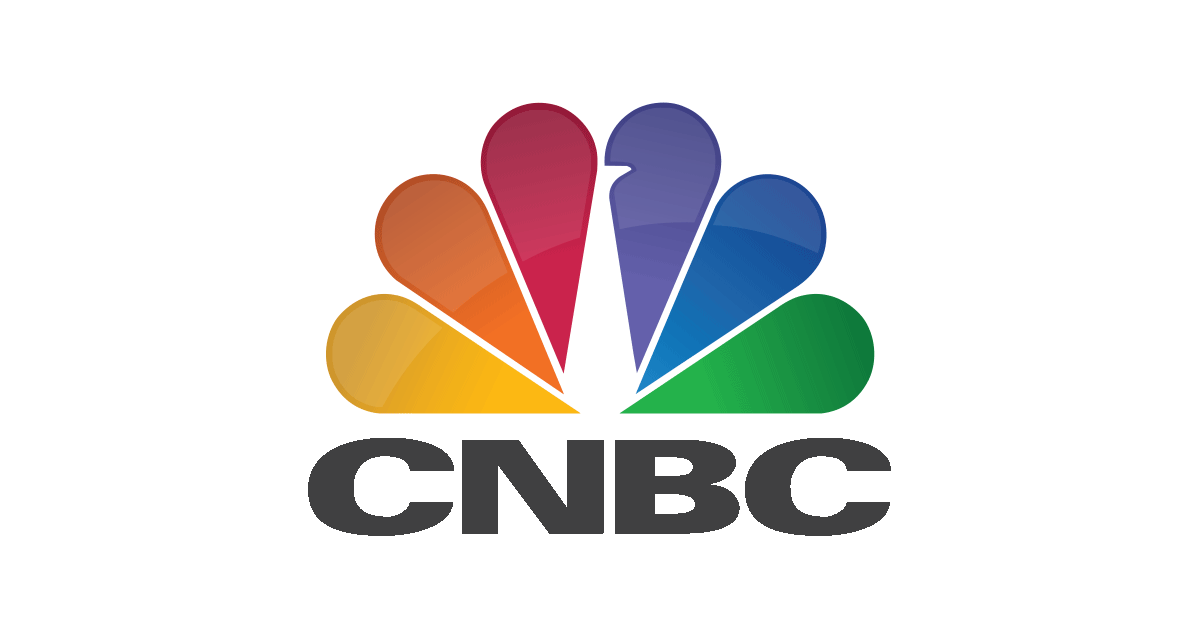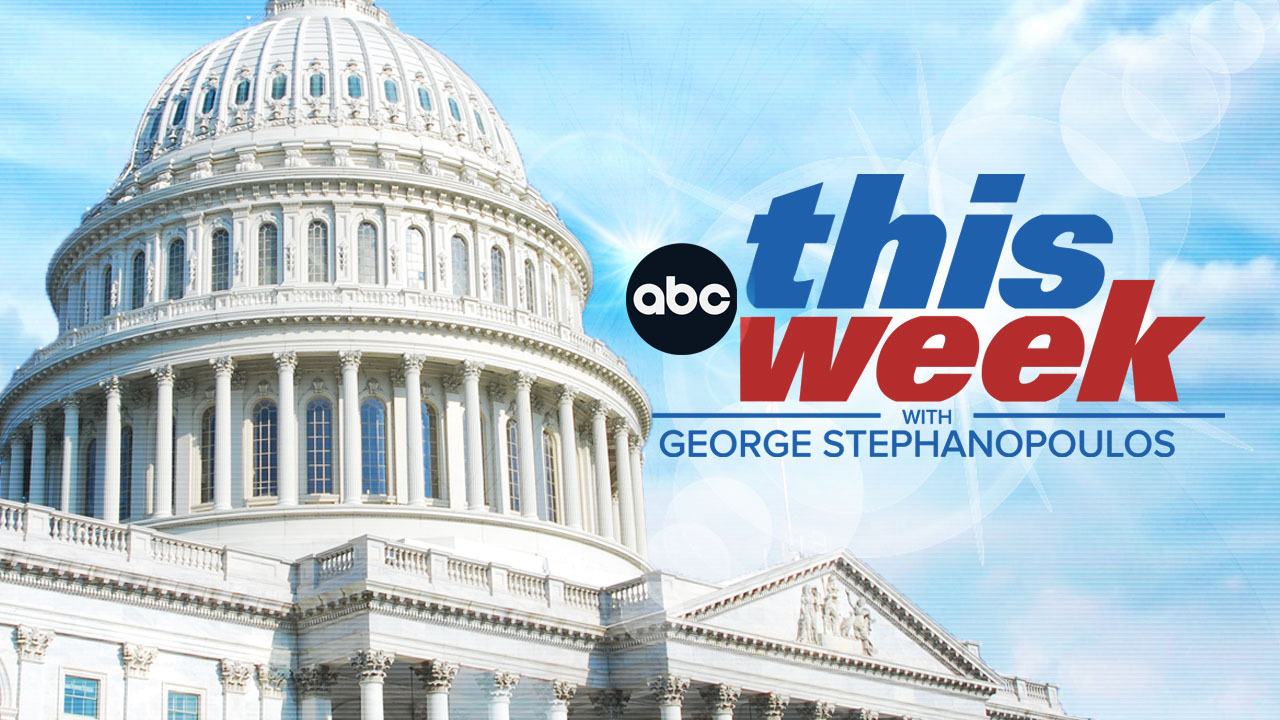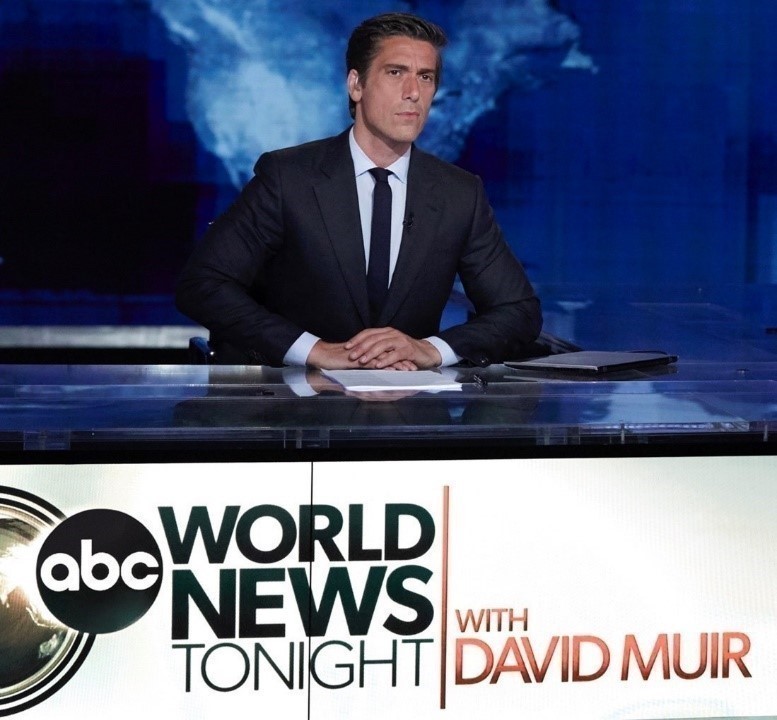WHEN: Today, Wednesday, September 27, 2023
WHERE: CNBC’s “Power Lunch” – Live from Code Conference in Dana Point, CA
Following is the unofficial transcript of a CNBC exclusive interview with Allen Media Group Chairman & CEO Byron Allen on CNBC’s “Power Lunch” (M-F, 2PM-3PM ET) today, Wednesday, September 27. Following is a link to video on CNBC.com: https://www.cnbc.com/video/2023/09/27/allen-media-group-ceo-on-his-10-billion-bid-for-disney-assets.html.
All references must be sourced to CNBC.
JULIA BOORSTIN: Thanks so much, Tyler. Byron, thanks so much for joining me here at The Code Conference. So you’re bidding $10 billion for ABC, National Geographic, FX, and then some of these local networks. Why are you interested in purchasing these networks and why at that price point?
BYRON ALLEN: First of all, thank you for having me. Listen, these, this is a phenomenal asset. And if Disney is willing to sell it, we just wanted to make it very clear we’re willing to buy it. Capital was not the issue. There’s plenty of capital to buy assets like this. The real commodity is can you get the deal approved, and by far we are the best ones to get that deal approved. A lot of folks out there, plenty of cash, they can’t do it. I don’t think tech companies can get it down. I think tech companies can buy a lemonade stand. I don’t think Washington D.C. is going to roll out the red carpet for them. A lot of the media companies are too big to do it. And I don’t think I don’t think D.C. will be supportive of private equity and hedge funds buying this type of assets. This is, this is a very important asset. It’s local news. It’s national news. It’s where 80% of Americans get their news. So, they’re going to be really careful with who they approve in getting this type of asset and it’s going to be an owner operator like me. I’ve invested a little over a billion dollars buying ABC, NBC, CBS and Fox affiliates around the country. Local news is very important when the pandemic happened in some of our cases, our local television stations were getting 90% of the share. People were watching our stations trying to figure out what was going on with Covid. So this is something that it’s not about cash. It’s not about capital. That’s the easy part but it’s about certainty of—
BOORSTIN: But I wanted to ask you that because you say it’s not about capital, but when the news first broke that you were making this offer and there was that $10 billion number out there, some of the analysts’ notes said it’s unclear how serious this offer is because you would have to raise the capital. Can you tell us a little bit about your financing plan for this size of a deal? Big deal.
ALLEN: Well, we, we have, we have quite a few banks that support us and stand with us and even private equity firms. That’s the easy part. The hard part is getting this deal done if they choose to sell it. Now, they’re not ready to sell it. Bob has said that they’re not ready yet. And he’s brought in, Bob’s really excellent at what he does, very, he’s the best. He’s brought in some excellent consultants, Kevin Mayer and Tom Staggs. And they just said look, we’re not ready. It’s something, it’s a thought, he made that announcement here on your network that he says he doesn’t see it as core. NexStar said they have interest. And Bob and I have been talking about it for some time now that I’ve had interest in buying these these stations and these particular networks, and we said we’re ready to go when you’re ready to go. Now they may never be ready. They may say, “Hey, we’re not ready. We changed our mind. We don’t want to do it.” But if they are, if they are serious about doing it and they get there, we’ll, we’re ready to go.
BOORSTIN: So you are interested in these assets. You also made a bid for BET and then Paramount decided not to sell.
ALLEN: They’ve decided not to sell.
BOORSTIN: You also were interested in TEGNA. If you can’t get any of these assets, are there other assets that you are interested in right now?
ALLEN: I think other assets will start to become available and I think we will eventually get them. Look, I started this company 30 years ago from my dining room table. It’s one of the largest privately held media companies. It’s a marathon, not a sprint. And, you know, we’ll have our opportunity. Folks are going to need to sell. There are some folks who have they have to sell so they can fund their streaming initiatives. And we believe in linear and streaming and if you’re willing to sell your linear assets, we’re there. We’re seeing something we’ve never seen before. You know, these are 100-year-old legacy companies who are having to reinvent themselves. They’re trying to build a new airplane while they’re, while they’re flying their old airplane midair. So this is something that is much needed. Folks need to shed their assets that are that are flat to declining to so they can go and invest in assets that are growing. You know, we’re a firm believer in operators matter. When I bought The Weather Channel five years ago, I bought it from a couple of private equity firms who, you know, they thought they had maxed it and it was declining. Well, since then, we’ve pushed up the top line revenue and the EBITDA and we’re continuing to push it up and push it up double digit. And so this is the type of opportunity that’s really perfect for us if they make it available.
TYLER MATHISEN: Byron, Tyler Mathisen here. It sounds like and correct me if I’m wrong here that one of the central interests that you have in these assets are the TV stations, and the TV, and because you own TV stations but you point out that in those areas and also I assume in ABC’s network, you have properties that are flat to declining. Why are you so interested in traditional stations at a time when so many other people are not interested in those stations? And how do you think you can take that those assets and turn them, you say you’ve done it before, what are the, what are the real sort of tactics that you would use to turn them from flat to declining enterprises into positive growth drivers?
ALLEN: Well, listen, if you, if you buy the stations, you want the network. You don’t want to bifurcate that. You need those local television stations, those local TV stations, that’s the reason why Disney was able to resolve their negotiation with Charter, Spectrum. You need that that local news and you need sports. These local television stations carry the true religion of America, NFL football. What people forget is that ABC, NBC, CBS and Fox, we just did an 11-year deal with the NFL, NFL paying them 10 billion a year for 11 consecutive years, $110 billion. I’m a firm believer that Americans are never going to wake up and say I don’t want local news. I don’t want college football. I don’t want NBA basketball and I don’t want NFL football. So I’m highly confident that these local television stations are going to have a great deal of value well into the next decade. I also think that there are things we can do, you know, growing this company as an independent. Now remember, I’m one of the few owner operators. I started the company from my dining room table 30 years ago and I own the company 100%. So I’ve had to learn how to produce things very efficiently. And I’ve been able to take certain assets and spend less to achieve more. So I think we can do quite well if given the opportunity to buy an asset like this if they choose to sell it.
BOORSTIN: One of the key factors which is also putting pressure on the broadcast networks right now is the strike which means there isn’t a lot of new primetime television in the scripted, in the scripted category on TV this fall. We just had the writers resolve their strike. The Screen Actors Guild, they are still on strike. And one of the key sticking points is AI. How do you see AI impacting the future of your business and how are you already using it right now?
ALLEN: Well, right now we’re using it, you know, when I bought The Weather Channel five years ago, they said to me at the at the end of the new owners presentation, “Oh, by the way you own something that’s like a fully distributed broadcast network that uses artificial intelligence, proprietary software to curate, aggregate and stream super hyperlocal news, weather sports geofence to the users’ zip code.” And I went, “Wow.” They said, “Don’t get excited.” I said, “Why not?” They said, “Because it loses well over 25 million a year. And you’re going to probably want to shut it down.” And I said, “Absolutely not.” And what I did was I invested over 125 million of my own capital to reposition the asset. And when I looked at the asset, you know, it just reminded me of a conversation I had with Reed Hastings. I had dinner with him. Shortly before this presentation was made to me and I asked Reed, the founder of Netflix, I said, “Reed, what keeps you up at night?” And he said, “Byron, Netflix.” I go, “Really?” He goes—
BOORSTIN: What do you mean?
ALLEN: I’m sorry. I’m sorry, Reed. I said, “What keeps you up at night?” He said, “YouTube” and I said, “YouTube?” and he goes, “If YouTube starts delivering lots of premium content for free, how do I get people to pay me 15 bucks a month.” And I thought, there it is. I’m going to aggregate this content. I’m going to put together premium content and make it free, the world’s favorite word. And so what I said is I don’t think Julia wants to pay 4.99 a month for LOCAL NOW. So now we’ll make it free and we put over 500 fast channels there, over 675 local news stations. We did a deal with CBS, we did a deal with NBC, PBS we’re on track to have over 1,200 local television stations. We just, Digiday just gave us Best Streaming Service in competition with Hulu, Paramount+ and Tubi. And I have to tell you, we’ve seen the revenue go up 35 plus in a very short period of time with the simple concept of local news content and premium content for free. And we’re chasing YouTube. We’re chasing almost 30 billion a year in advertising. That’s what we’re doing with local now.
BOORSTIN: Well, certainly a lot of different different things at play and we’re so grateful to have your perspective on this big offer you just made. We’ll see how that all plays out. Hopefully you can come back on and tell us as these negotiations continue. Byron Allen, thanks so much for joining us here today at The Code Conference.


